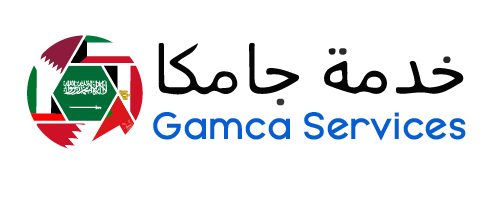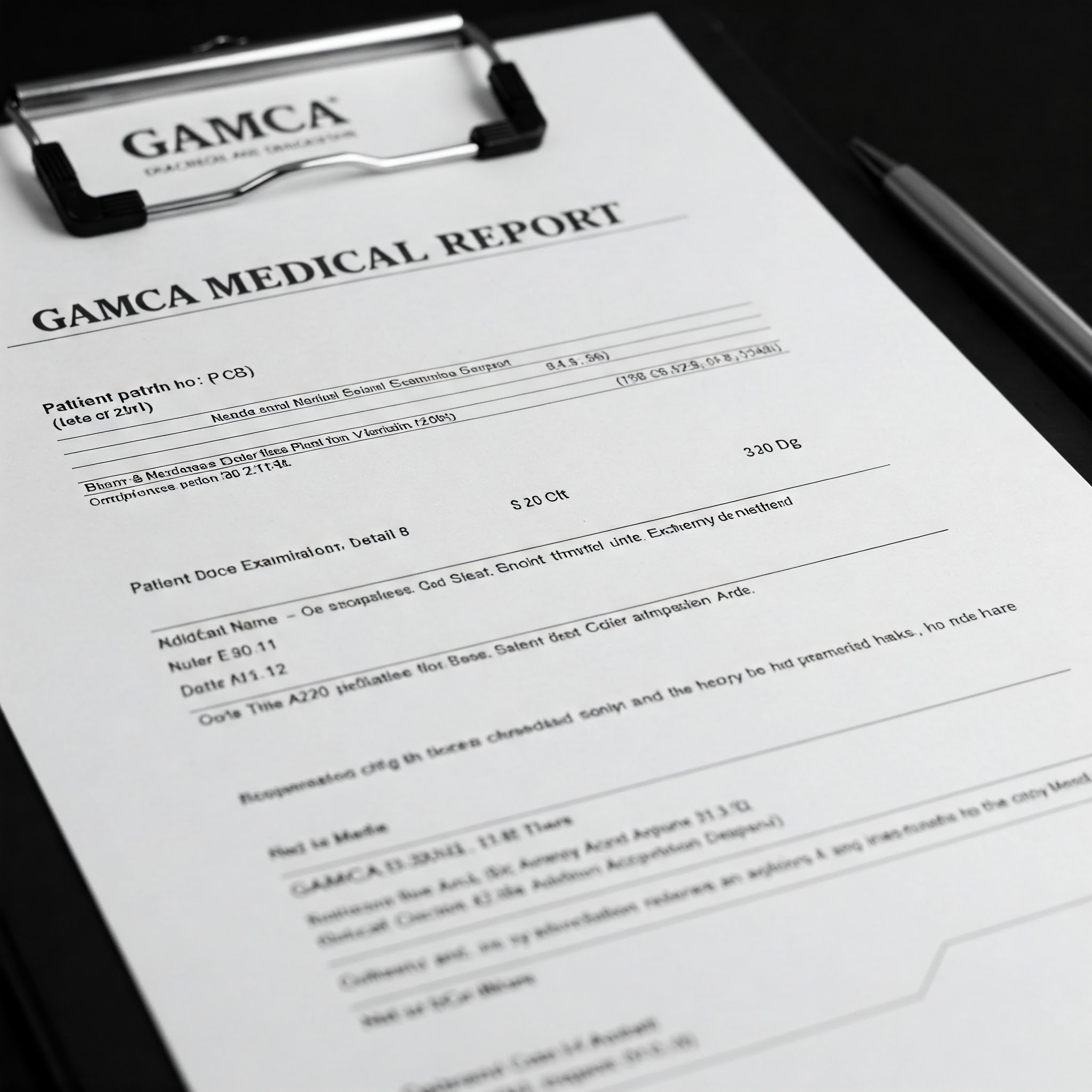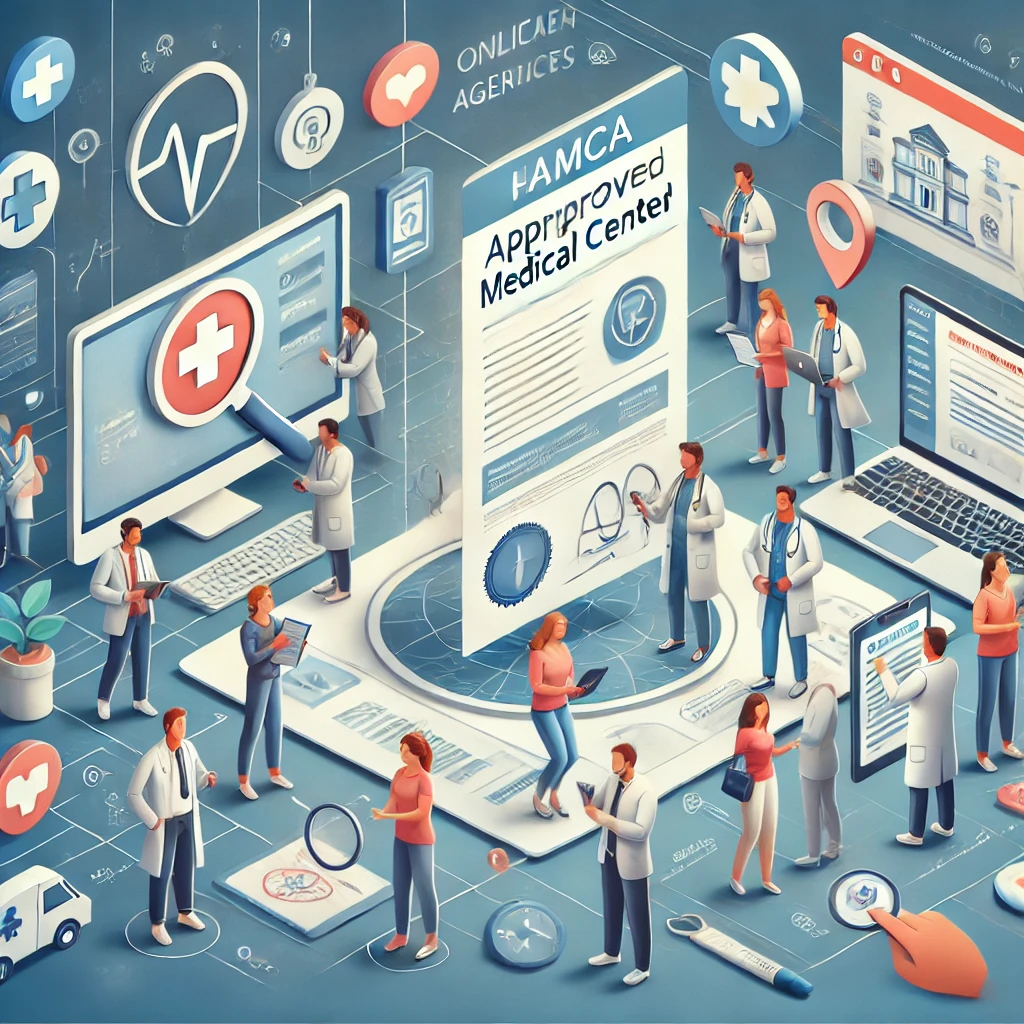
Introduction
If you’re getting ready for the Gulf Cooperation Council Approved Medical Centers Association (GAMCA) medical exam, you may be wondering if you need to fast beforehand. In the GCC, passing the GAMCA medical exam is a requirement for a work visa, and correct results depend on preparedness. We’ll address whether fasting is essential in this blog, explain why it might be for specific tests, and offer advice on how to properly prepare.
Is Fasting Required for the GAMCA Medical Test?
The answer depends on the specific tests included in your GAMCA medical examination. While not all tests require fasting, some do. Here’s a breakdown:
Tests That May Require Fasting
- Blood Sugar Test (Glucose Test): Fasting is often required for accurate blood sugar level measurements. Typically, you’ll need to fast for 8–12 hours before this test.
- Cholesterol Test: If your medical examination includes a lipid profile (cholesterol test), fasting may be necessary for precise results.
- Liver Function Test: In some cases, fasting is recommended before a liver function test to avoid skewed results.
Tests That Do Not Require Fasting
- Chest X-ray: No fasting is needed for a chest X-ray.
- Urine Test: You can eat and drink normally before providing a urine sample.
- Physical Examination: Fasting is not required for the general physical check-up.
Why Fasting Is Important for Certain Tests
Fasting ensures that your blood sugar and cholesterol levels are measured accurately. Eating or drinking (except water) before these tests can temporarily alter your results, leading to incorrect conclusions about your health. For example:
- Eating before a blood sugar test can cause a temporary spike in glucose levels.
- Consuming fatty foods before a cholesterol test can affect lipid profile readings.
By fasting, you provide a baseline measurement reflecting your health status.
How Long Should You Fast Before the GAMCA Medical Test?
If fasting is required, you’ll typically need to:
- Avoid eating or drinking (except water) for 8–12 hours before the test.
- Schedule your test for the morning to make fasting more manageable (e.g., stop eating after dinner the night before).
Always confirm the fasting requirements with the GAMCA-approved medical centre where you’ll be tested, as guidelines may vary slightly.
Tips for Fasting Before the GAMCA Medical Test
- Stay Hydrated: Drink plenty of water before your fasting period begins. This helps keep you hydrated and makes it easier to provide blood and urine samples.
- Avoid Heavy Meals: Before starting your fast, avoid heavy, fatty, or sugary foods that could affect your test results.
- Plan Your Schedule: Book your medical test early in the morning to minimize the duration of your fast.
- Bring a Snack: Once your blood tests are complete, you can eat a light snack to replenish your energy.
What If You Forget to Fast?
Contact the medical personnel right away if you accidentally consume food or liquids prior to a test that necessitates fasting. They might reschedule your exam or move forward with the knowledge that your findings might be somewhat impacted. Being truthful is always preferable to getting erroneous findings.
Conclusion
While not all of the GAMCA medical test requires fasting, some tests, such as blood sugar and cholesterol screenings, do require it. You can guarantee accurate findings and prevent delays in your visa application by adhering to the fasting recommendations and being well-prepared. Always check the requirements with your medical facility, and pay close attention to what they say.



